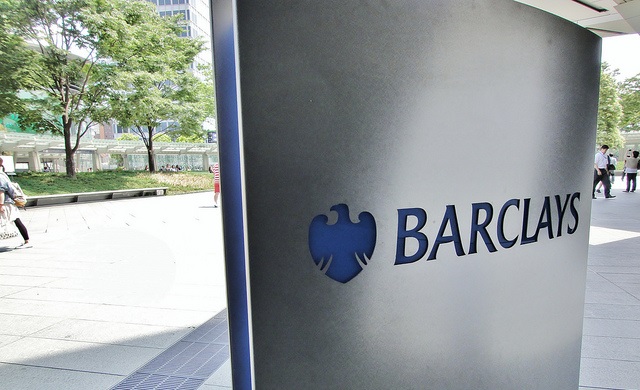As surveillance capitalism grows and global regulations tighten their grip, privacy-conscious Australians are increasingly exploring anonymous avenues for digital transactions and investments. This shift isn’t driven by illicit motives, but by a legitimate concern over data tracking, financial censorship, and the erosion of individual privacy in the name of compliance.

The result? A booming interest in privacy-first tools—from cryptocurrency mixers and zero-knowledge DeFi protocols to offshore wallets and anonymous gambling platforms.
Why Australians Are Rethinking Financial Transparency
Australia has robust financial oversight mechanisms, with agencies like AUSTRAC actively monitoring financial flows to prevent money laundering and other crimes. While such systems are crucial, they also spark concerns among some citizens—especially those managing high-risk portfolios or crypto holdings.
A 2024 Monash University study on digital financial behavior noted a “significant uptick in the use of privacy-enhancing tools by retail investors, particularly among those under 35.” According to the same research, Gen Z and millennial users often perceive anonymity not as a red flag, but as a digital right.
This generational shift, combined with the volatile regulatory climate around cryptocurrencies, has made anonymous platforms more attractive—not for tax evasion, but for control, autonomy, and peace of mind.
Anonymous Doesn’t Mean Unlawful
One of the biggest misconceptions about anonymous investment channels is that they inherently involve illegal activity. In reality, many operate in legally grey or unregulated areas—like offshore trading platforms, privacy tokens, and yes, crypto-powered gambling sites—where users are primarily drawn by reduced KYC (Know Your Customer) requirements.
Anonymous crypto casinos are a prime example. These platforms allow users to interact without identity verification, using crypto wallets instead of traditional banking methods. For Australians looking to explore this ecosystem, there are now well-curated resources, such as this updated anonymous casino list, which provides insights into platforms that prioritize privacy without compromising usability.
Investment Diversification in a Post-KYC World
As market conditions become more unpredictable, high-net-worth individuals and weekend traders alike are looking beyond the ASX and into alternative assets. This includes not just crypto coins and NFTs, but staking, lending pools, privacy-focused DeFi, and even decentralized autonomous organizations (DAOs).
Anonymous platforms can serve a role here. They may offer lower barriers to entry, reduced overhead, and—ironically—fewer marketing distractions. But users must tread carefully, as regulatory protection is minimal and scams remain prevalent.
For those considering this route, tools like multisig wallets and open-source auditing platforms such as CertiK can help navigate these less-regulated waters with more confidence.
Risk vs. Autonomy: The Investor’s Dilemma
While traditional investors seek transparency and institutional safeguards, a parallel mindset values sovereignty above all. These users might be comfortable foregoing formal protections in exchange for full custodianship of their assets and transactions.
But autonomy comes with responsibility. Operating within anonymous ecosystems requires vigilance:
- Always verify smart contracts.
- Use VPNs and encrypted communications.
- Maintain multiple wallet layers to segregate risk.
- Avoid centralization of identity across platforms.
The growth of privacy-focused platforms isn’t about fleeing regulation—it’s about opting into a different financial philosophy. One where users, not banks or governments, own the keys.
The Future of Privacy-First Finance in Australia
As policymakers debate how to regulate emerging financial tools, Australia finds itself at a crossroads. Should privacy be curtailed in the name of security, or protected as a fundamental right?
For now, Australians are casting their votes with their clicks, investments, and wallets. Whether it’s trading on decentralized exchanges, parking assets in privacy coins like Monero, or exploring anonymous gaming platforms, the demand is clear: people want choices that don’t require surrendering identity.
And in a world where data is currency, choosing privacy might just be the most valuable investment of all.

 Hot Features
Hot Features













